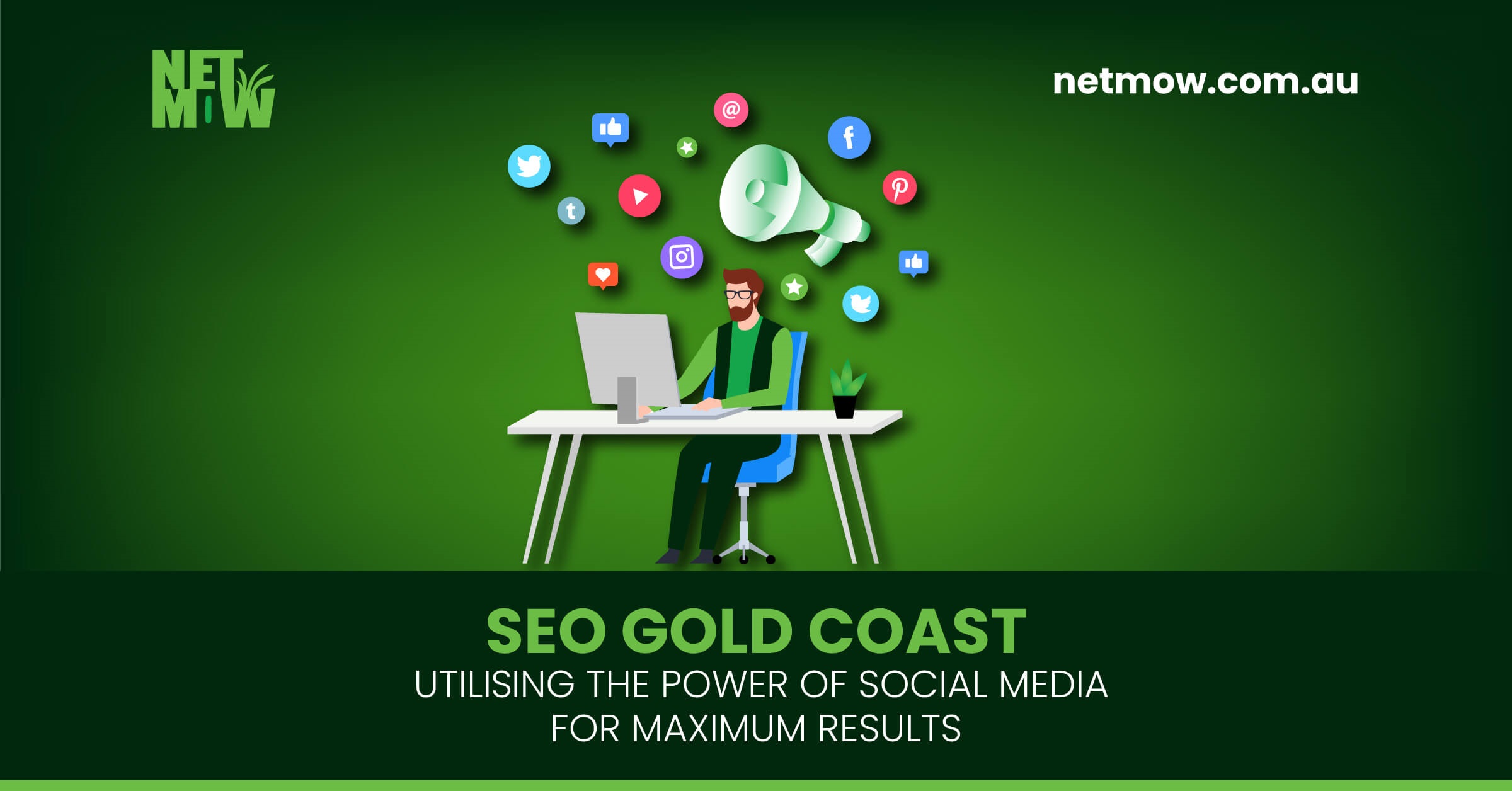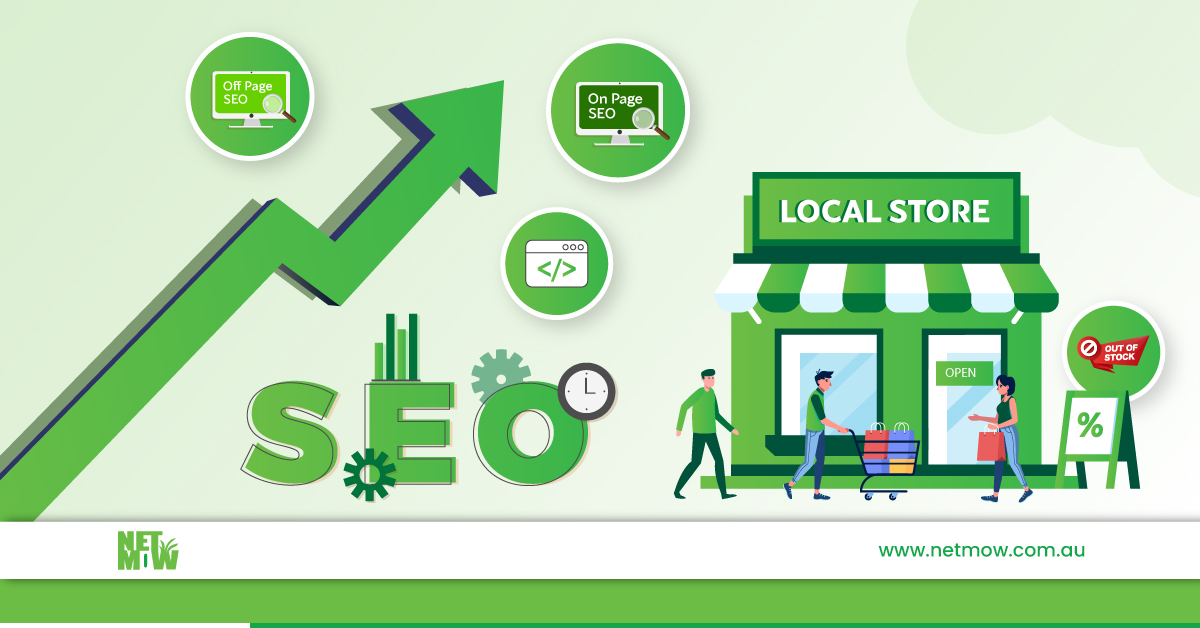Blogs/Social Media Marketing (SMM)
Social Media Marketing & Management Service to Maximising Your Online Presence

Social media marketing is a form of digital marketing that utilises social media platforms to promote products, services, or brands. It involves creating and sharing content on social media networks such as Facebook, Instagram, Twitter, LinkedIn, and others to engage with the target audience, build brand awareness, drive website traffic, and ultimately, achieve marketing goals.
Here’s a step-by-step guide on how to do social media marketing and why it’s important:

step-by-step guide on how to do social media marketing Define Your Goals: Determine what you want to achieve through social media marketing, whether it’s increasing brand awareness, driving website traffic, generating leads, or boosting sales.
- Know Your Audience: Understand your target audience’s demographics, interests, behaviours, and preferences to create content that resonates with them.
- Choose the Right Platforms: Identify which social media platforms your target audience uses the most and focus your efforts on those platforms.
- Create Compelling Content: Develop high-quality, engaging content that provides value to your audience. This can include images, videos, blog posts, infographics, and more.
- Plan Your Content Calendar: Create a content calendar to schedule and organise your social media posts. Consistency is key to maintaining audience engagement.
- Engage with Your Audience: Actively engage with your audience by responding to comments, messages, and mentions. Encourage conversations and build relationships with your followers.
- Use Paid Advertising: Consider using paid advertising options offered by social media platforms to reach a larger audience and target specific demographics.
- Analyse and Optimise: Monitor your social media performance using analytics tools provided by the platforms. Analyse metrics such as engagement, reach, and conversions to understand what’s working and what isn’t. Use this data to refine your social media strategy and optimise your campaigns for better results.
Why Social media marketing is important for a Business?

Social media marketing is important for several reasons:
- Increased Brand Awareness: Social media allows you to reach a large audience and increase brand visibility through content sharing, engagement, and interactions.
- Audience Engagement: Social media provides a platform for direct communication with your audience, allowing you to engage with them in real-time and build relationships.
- Driving Website Traffic: By sharing links to your website on social media, you can drive traffic and potentially increase conversions.
- Targeted Advertising: Social media platforms offer advanced targeting options, allowing you to reach specific demographics, interests, and behaviours with your advertising campaigns.
- Cost-Effective Marketing: Compared to traditional advertising channels, social media marketing can be more cost-effective, especially for small businesses with limited budgets.
To start social media marketing, follow the steps outlined above and be consistent with your efforts. Experiment with different types of content and strategies to see what resonates best with your audience. Keep learning and adapting your approach based on insights and feedback from analytics.
How to get into social media marketing ?
Getting into social media marketing can be approached through several avenues:
- Education and Training: Start by educating yourself on social media marketing principles, strategies, and best practices. You can do this through online courses, tutorials, workshops, or by pursuing a degree or certification in digital marketing.
- Gain Practical Experience: Practice by managing your own social media accounts or volunteering to manage accounts for friends, family, or small businesses. This hands-on experience will help you develop skills and understand the dynamics of social media marketing.
- Networking: Connect with professionals in the field through social media platforms like LinkedIn, attend industry events, join online communities, and engage in conversations related to social media marketing. Networking can help you learn from others’ experiences, stay updated on industry trends, and potentially find job opportunities or mentorship.
- Build a Portfolio: As you gain experience, start building a portfolio showcasing your work, including successful social media campaigns, content creation, analytics reports, and any other relevant projects. A strong portfolio will demonstrate your skills and expertise to potential employers or clients.
- Apply for Jobs or Freelance Opportunities: Look for job openings in digital marketing agencies, social media management firms, or in-house marketing departments of companies. You can also offer your services as a freelance social media marketer to businesses looking to outsource their social media management.
How effective is social media marketing ?
Social media marketing can be highly effective for various reasons:
- Wide Reach: Social media platforms have billions of active users worldwide, providing a vast audience for businesses to reach and engage with.
- Targeted Advertising: Social media platforms offer sophisticated targeting options based on demographics, interests, behaviours, and other factors, allowing businesses to reach their ideal audience with precision.
- Engagement and Interaction: Social media facilitates direct communication and engagement between businesses and their audience, fostering relationships, building trust, and encouraging customer loyalty.
- Measurable Results: Social media marketing tools provide insights and analytics that allow businesses to track the performance of their campaigns in real-time, measure key metrics such as engagement, reach, conversions, and ROI, and make data-driven decisions to optimise their strategies.
- Cost-Effectiveness: Compared to traditional advertising channels, social media marketing can be more cost-effective, offering businesses the opportunity to achieve significant results with smaller budgets.
Overall, social media marketing is effective because it enables businesses to connect with their target audience in meaningful ways, build brand awareness, drive website traffic, generate leads, increase sales, and ultimately, achieve their marketing objectives.
What is social media management service?

A social media management service is a professional service offered by individuals or agencies to manage and oversee a company’s social media presence and activities. This service involves a range of tasks aimed at effectively utilising social media platforms to achieve the client’s marketing goals and objectives.
Here’s what a social media management service typically includes:
- Content Creation: Crafting engaging and relevant content tailored to the target audience of the client. This can include text, images, videos, infographics, polls, and other forms of content.
- Content Scheduling: Planning and scheduling social media posts across various platforms at optimal times to maximise reach and engagement.
- Community Management: Monitoring and responding to comments, messages, mentions, and interactions from followers and customers. This includes addressing inquiries, providing customer support, and engaging in conversations to build relationships.
- Audience Engagement: Actively engaging with the client’s audience by liking, sharing, and commenting on relevant posts, as well as participating in discussions and trending topics.
- Social Media Advertising: Creating and managing paid advertising campaigns on social media platforms to reach a wider audience, drive traffic, and achieve specific marketing objectives.
- Analytics and Reporting: Monitoring social media performance using analytics tools to track key metrics such as engagement, reach, impressions, conversions, and ROI. Providing regular reports and insights to the client to evaluate the effectiveness of the social media strategy and make data-driven decisions.
- Strategy Development: Developing and refining a comprehensive social media strategy aligned with the client’s overall marketing goals. This includes identifying target audiences, defining content themes and messaging, setting objectives, and implementing tactics to achieve desired outcomes.
Overall, a social media management service aims to streamline the client’s social media efforts, enhance brand visibility, increase audience engagement, and drive business results through strategic planning, content creation, community management, and performance analysis.
How to find best social media management service Provider for my business?

Finding the best social media management service provider for your business involves thorough research, evaluation, and consideration of various factors. Here’s a step-by-step guide to help you find the right provider:
- Define Your Needs and Goals: Start by clearly defining your business objectives, target audience, budget, and expectations from the social media management service. Determine what specific services you require, such as content creation, community management, advertising, analytics, or strategy development.
- Research Service Providers: Conduct online research to identify social media management service providers. Look for agencies or freelancers with experience, expertise, and a track record of success in your industry or niche. Check their websites, portfolios, client testimonials, and case studies to assess their capabilities and reputation.
- Consider Specialisation and Expertise: Look for providers that specialise in social media management and have expertise in the platforms relevant to your business. Consider factors such as industry knowledge, creativity, strategic thinking, and familiarity with your target audience’s preferences.
- Evaluate Services and Packages: Compare the services, packages, and pricing offered by different providers. Look for flexibility, scalability, and customisation options that align with your business needs and budget. Consider whether they offer a comprehensive suite of services or if you need to engage multiple providers for different aspects of social media management.
- Review Client References and Case Studies: Request references or case studies from potential service providers to learn about their past projects, client success stories, and results achieved. Contact existing or former clients to get feedback on their experiences working with the provider and the outcomes delivered.
- Assess Communication and Collaboration: Evaluate the provider’s communication style, responsiveness, and willingness to collaborate. Choose a provider that communicates effectively, understands your business objectives, and is open to feedback and collaboration throughout the engagement.
- Ask About Reporting and Analytics: Inquire about the provider’s approach to reporting, analytics, and performance tracking. Ensure they have robust tools and methodologies in place to measure the effectiveness of their social media efforts and provide actionable insights to drive continuous improvement.
- Discuss Strategy and Creativity: Schedule consultations with shortlisted providers to discuss your business goals, challenges, and vision for social media marketing. Assess their strategic thinking, creativity, and ability to develop innovative campaigns and content ideas that resonate with your target audience.
- Consider Compatibility and Culture Fit: Choose a provider that aligns with your company culture, values, and vision. Look for a partner who shares your enthusiasm for your brand, understands your brand voice and identity, and is committed to delivering results that contribute to your business growth.
- Negotiate Terms and Contracts: Once you’ve selected a preferred provider, negotiate terms, contracts, and service agreements. Clarify expectations, deliverables, timelines, and pricing details to ensure a transparent and mutually beneficial partnership.
By following these steps and conducting thorough due diligence, you can find the best social media management service provider for your business that meets your needs, goals, and budget while delivering tangible results and value-added services.
Discover more about Social Media Marketing
- Utilising the Power of Social Media for Maximum Results.
- Social media marketing strategies at the service of your company.
- How Social Media affects SEO?
- How To Build Social Media Presence Right From Scratch.
NETMOW – Affordable Marketing Agency Gold Coast
NETMOW – Your User-Friendly Gold Coast SEO Partner NETMOW stands out as the leading Marketing Agency Gold Coast, committed to fostering business growth. Explore our Gold Coast SEO offerings for insights on optimizing your website and boosting online visibility. Initiate the journey with us by reaching out today – Contact Us today!
Stay Engaged with NETMOW
Keep abreast of the latest SEO developments with NETMOW. Connect with us on social media platforms such as Facebook, Linkedin, and others (find links in the footer) to access valuable tips and strategies for optimizing your business website and expanding your business.
We Value Your opinion! If you find this article is helpful, we invite you to share your thoughts. Take a moment to leave a Review On Google Maps. Your feedback is genuinely appreciated!
Thoughts & Insights
Further reading on ideas worth sharing. You may unsubscribe from our monthly newsletter at any time. Check out our Privecy Policy for more information on how we store and protect your data.
get a free quoteCategories
Latest Posts
Related Article

How To Promote Your Product To Millions Of People Through Social Media Advertising In 2022?

Best Social Media Marketing Agency in Gold Coast, Brisbane, Australia

How Social Media affects SEO?











